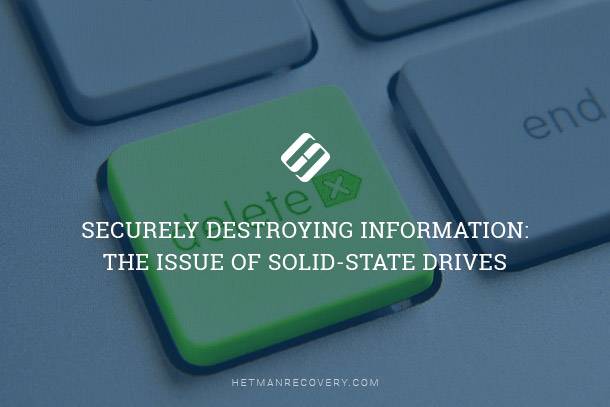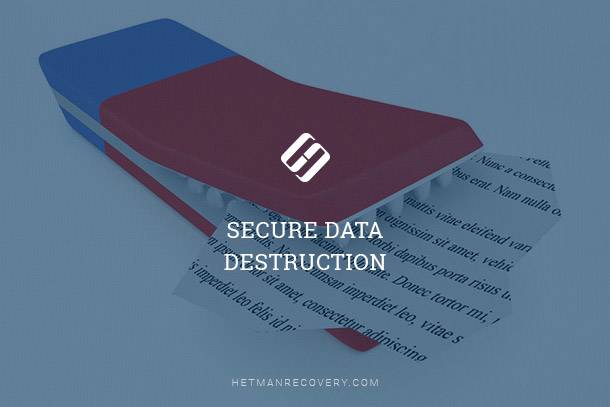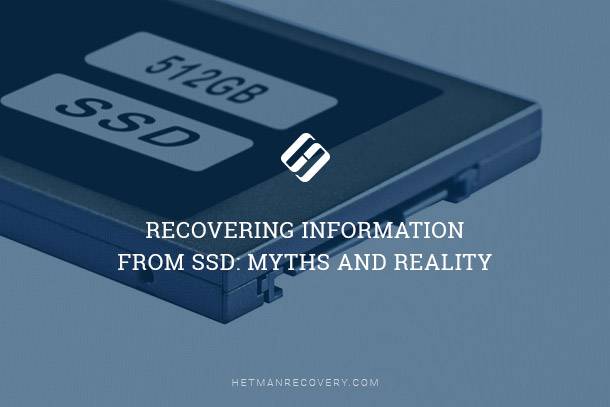When it comes to data security, simple deletion is not enough, especially when dealing with Solid-state drives (SSDs). In this article, we dive into the critical issue of securely destroying information on SSDs. Learn why traditional methods fall short and discover effective strategies for ensuring your data remains safe and confidential. Don't compromise your privacy – read now to learn how to securely destroy data on SSDs!
(more…)- 5 min. reading
- 13





